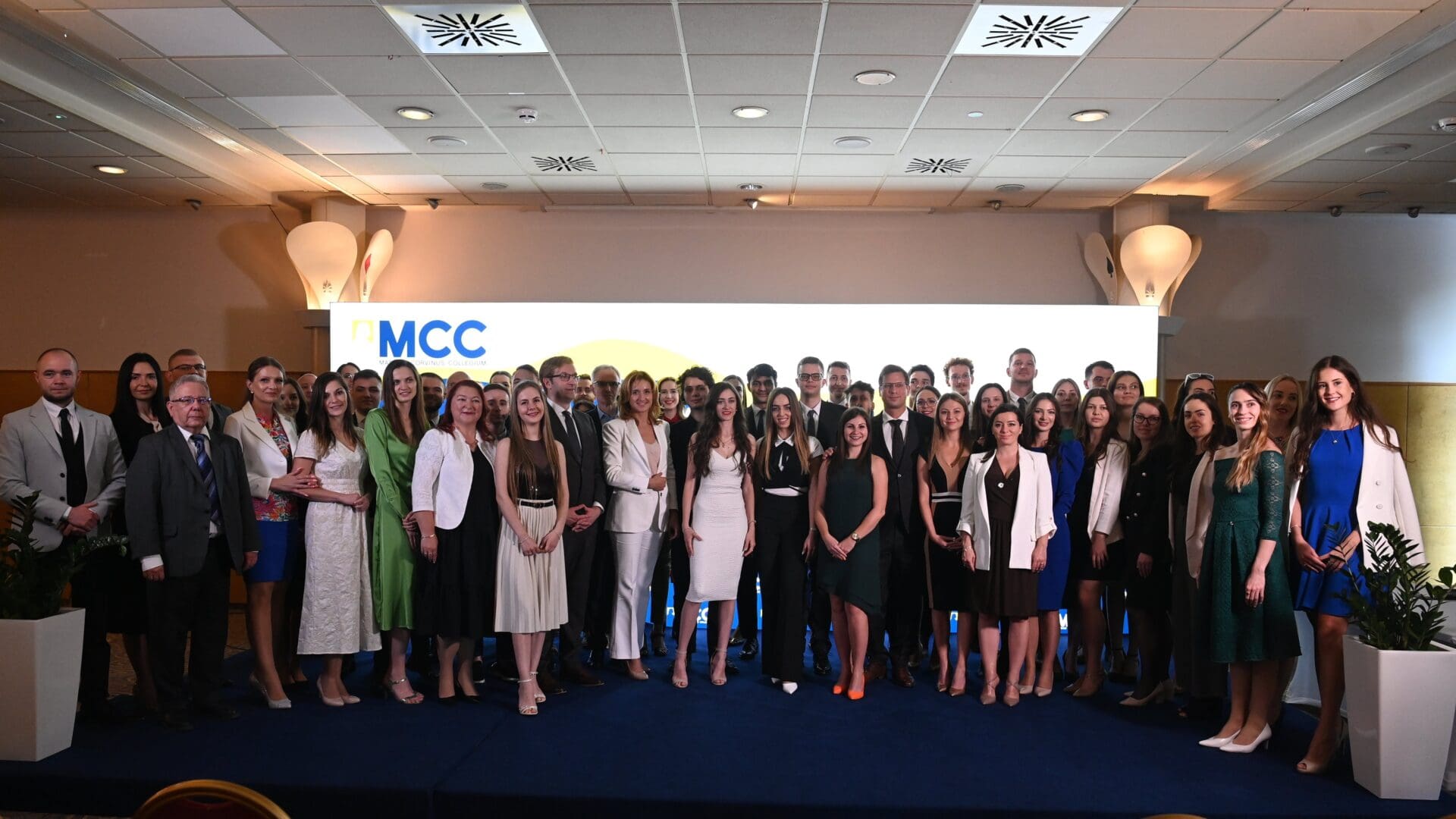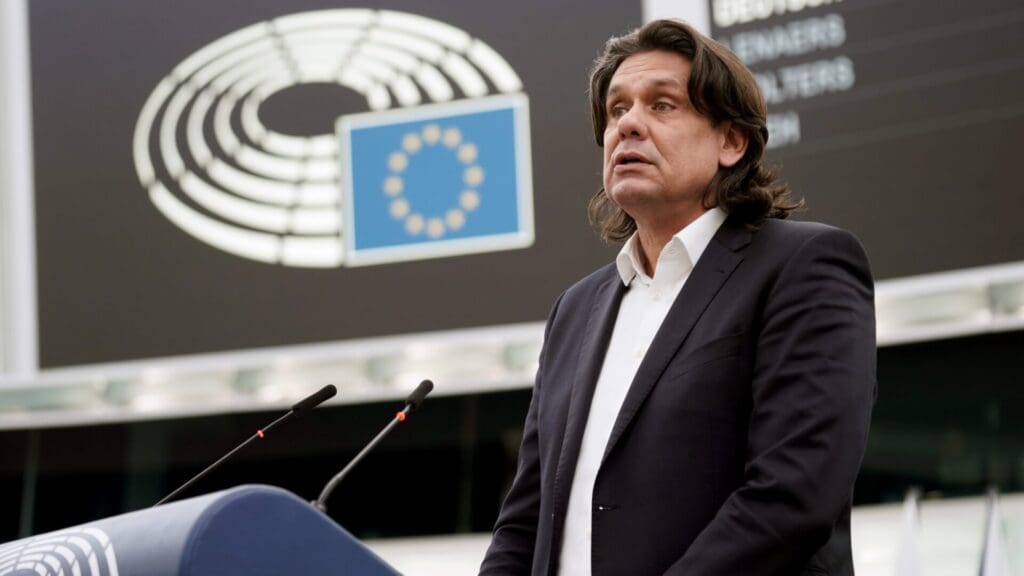Nearly 200 young people have applied for the Mathias Corvinus Collegium’s (MCC) free of charge talent development programmes.
MCC announced on Monday, 10 July that secondary school students who are currently completing their studies can still apply for the programme. MCC stated that in six training centres—Budapest, Debrecen, Győr, Miskolc, Szeged, and Pécs—the ‘most significant talent development institution in the Carpathian Basin’ looks forward to the application of those who wish to join a ‘professionally excellent, motivating, and cohesive community.’
The press release emphasised that the junior programme, which starts at MCC’s headquarters in Budapest, is receiving applications until 30 July, while applications for programmes in regional centres can be submitted until 10 August. The statement underscored that the MCC’s free university programme is unique in Europe, providing small-group, personalised, interdisciplinary education that complements traditional higher education in Hungary.
‘The goal of MCC is for young people’s education
to depend not on their financial situation but solely on their abilities and motivation,’
and to allow talented Hungarian students to utilise their enhanced knowledge acquired during foreign studies responsibly for the benefit of their country and local communities, the statement reads. The students are mentored by renowned Hungarian and foreign guest lecturers and instructors. Last year, MCC hosted around 300 internationally significant foreign lecturers and researchers, with about 40 spending an extended period at the institution and getting involved in student education.
Within the Budapest Lectures series at the MCC, students have the opportunity to meet experts in various fields in Budapest and regional centres, such as Jeffrey Sachs, Mark Khater, James Orr, Kei Hakata, David Starkey, Kevin Roberts, or Adrian Vermeule. The statement also highlighted that MCC provides its students with the opportunity to consciously build their career paths and expand their networks.
MCC’s university programme has seen a growing number of applicants in recent times, with
the institution starting this year’s training with nearly 500 participants.
The programme’s training courses are available at 24 locations across the Carpathian Basin, currently educating over 7,000 students in this format. Their goal is to have 10,000 students participating in MCC programmes at 35 training locations in the coming years. In the past year, approximately 300 MCC students had the opportunity to study at the world’s best universities or participate in study-abroad programmes.
MCC has created an international knowledge network that spans the borders of the Carpathian Basin, including a training centre in Brussels, cooperation with ESMT Berlin, Germany’s top-ranked business-focused school, and majority ownership in Modul University Vienna.
The institution is seeking applications from students who intend to begin their first year of university studies in the autumn semester of the 2023/2024 academic year at the Budapest, Debrecen, Győr, Miskolc, Szeged, and Pécs universities as full-time students. The training programmes are free of charge for admitted students, as stated in the press release.
Related articles








